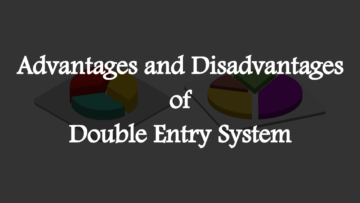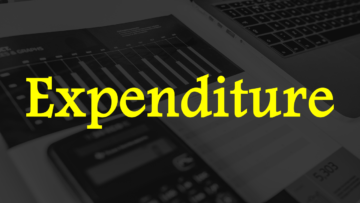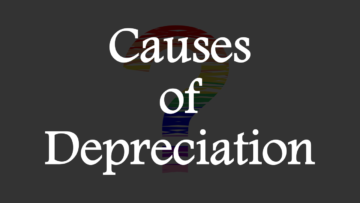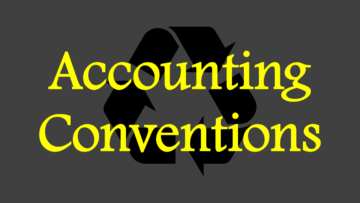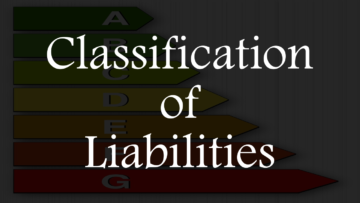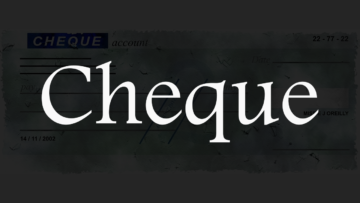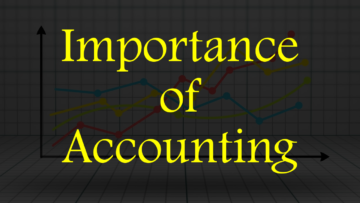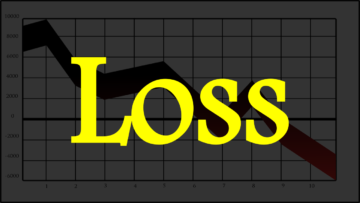Assets play a very important role in any organization as they help the organization to function, earn income, etc. and according to accounting, assets are divided into fixed assets and current assets to make them easier to understand and manage. Fixed assets include furniture, buildings, land, machinery, etc. and these are used for more than a year and current assets include stock, debtors, cash, etc. and these are used within a year.
Current assets are used within a year, so there is no depreciation in them and even if there is a decrease in their value, it is shown in loss, but fixed assets are used for more than a year, due to which their value keeps on decreasing every year, that is why depreciation is charged on them, so that the decrease occurring every year can be shown in loss. Note: Even in fixed assets, depreciation is applicable on tangible fixed assets as amortization is applicable on intangible fixed assets.
Note: Depreciation is not applicable on land as land is considered to have unlimited life.
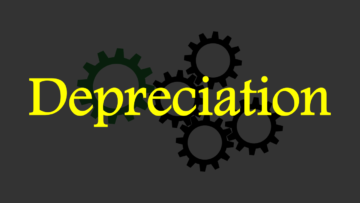
Table of Contents
What is Depreciation?
Meaning of Depreciation
The decrease in the value of an asset is called depreciation and it applies right from the construction of the asset, and it is a non-cash expense as it does not involve cash. The decrease in the value of an asset occurs due to use, time, changes in technology, wear and tear, etc. Depreciation is applicable only to fixed assets (tangible) as they are used for a period of more than a year and every year the depreciated value is deducted from the assets and shown as an expense on the debit side of the profit and loss account.
Generally, depreciation is charged on the book value of the asset and there are various methods to calculate the depreciable value such as the straight line method, written down value method, annuity method, mileage method, etc. Each method has its own features and organizations can calculate the depreciable value using any suitable method. Note: The organization, nature of the organization, governing authority, etc. may affect the selection of the method of calculating depreciation.
Definition of Depreciation
According to R.N. Carter – “Depreciation is the gradual and permanent decrease in the value of an asset from any cause.”
According to William Pickles – “Depreciation is a permanent and continuing decrease in the quality, quantity, or value of an asset.”
According to Spicer and Pegler – “Depreciation is the measure of the exhaustion of the effective life of an asset from any cause during a given period.”
According to R.G. Williams – “Depreciation may be defined as a gradual deterioration in value due to use”.
Features of Depreciation
Following are the features of depreciation:
1. Only Fixed Assets:
Depreciation is applicable only on fixed assets because they are used for more than a year and due to some reason or the other, their value keeps on decreasing every year, and among fixed assets, it is applicable only on tangible fixed assets.
2. Reduces value:
The value of the asset to which it applies gets reduced and by how much, depends upon the nature of the asset, nature of the organisation, method of depreciation, etc.
3. Non-cash Expenses:
Depreciation is a non-cash expense as it is not a part of cash or cash expenses, it is only used to reduce the value of the fixed asset. Every year the depreciation value is deducted from the fixed assets and shown as an expense on the debit side of the profit and loss account.
4. Continuous:
Depreciation is continuous in nature as it is applied to the fixed asset till the end of its life. For example, if the life of an asset is 5 years, then depreciation will be applied to that asset for 5 years.
5. Tax Benefits:
Depreciation provides tax benefits or in other words, it helps in saving taxes because before its implementation, the profit in the organization appears to be higher due to which the tax also becomes higher.
6. Net Profit:
It helps in calculating the net profit in the organization as it is a type of expense and until all the expenses are deducted from the income, net profit cannot be calculated.
Read Also:
QNA/FAQ
Q1. What is depreciation?
Ans: The decrease in the value of an asset is called depreciation.
Q2. Is depreciation a non cash expense?
Ans: Yes, depreciation is a non-cash expense as it is not related to cash
Q3. Does depreciation apply only to fixed assets?
Ans: Yes, depreciation is applicable only on fixed assets.
Q4. Is depreciation helpful in calculating net profit?
Ans: Yes, depreciation is helpful in calculating net profit.
Q5. Does depreciation reduce asset value?
Ans: Yes, depreciation reduces the value of the asset.
Q6. Write the features of depreciation.
Ans: Following are the features of depreciation:
1. It applies only to fixed assets.
2. It is a non-cash expense.
3. It reduces the value of an asset.
4. It helps in calculating net profit.
5. It helps in reducing taxes.
6. It is a continuous process.


